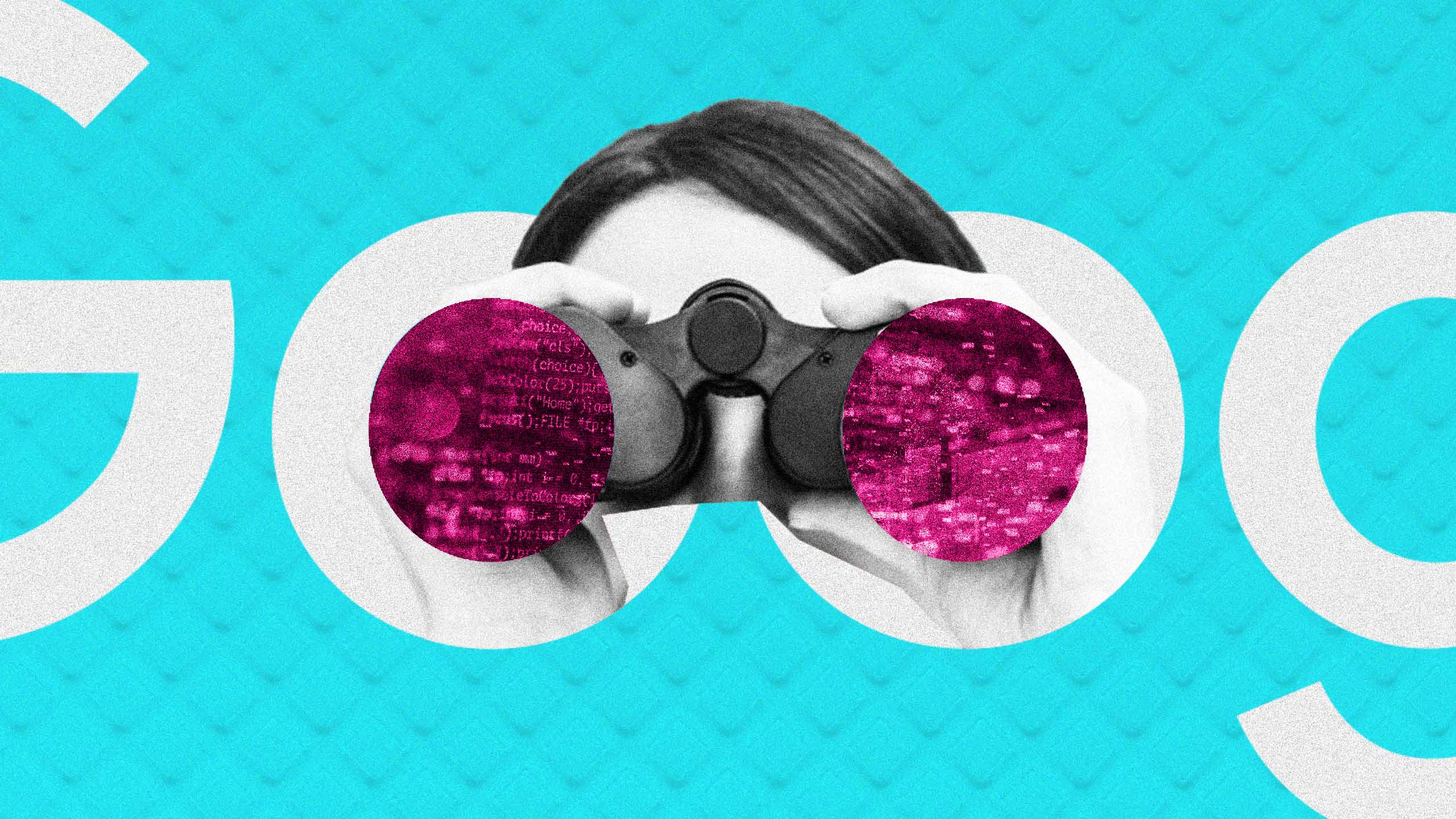Imagine it’s 2002. You are a newly minted teenager coming into your own. Alanis Morissette croons about what it was like to be a teenager in a secret relationship with an older man, and you cloak yourself in “Hands Clean,” knowing nothing about the song’s lyrics, but finding that its obvious angst fits all the same. In fact, there are—at this moment—too many feelings. Viggo Mortenson gives you something (or someone) to lust over in reprising his role as Aragorn in Peter Jackson’s The Lord of the Rings: The Two Towers. And, as you come of age, so does Google.
By the turn of the millennium, Google was already the world’s leading search engine. Originally launched in 1998, the site changed the scope of what we search and how we search once more in 2001 when it introduced Google Images—allowing users to discover images, as well as text. This new feature was designed, like Google Search before it, to offer a number of educational benefits to its users. Returning to our entirely hypothetical scenario above, you’re suddenly able to design your entire seventh-grade social studies assignment on the decade of the 1960s using the visuals of Neil Armstrong and The Beatles that you’ve found through a simple Google search—printing out these images out in black and white and slapping them onto a piece of tagboard. In need of a reference for art class, you type “cowboys” into the search bar. And when a group of three naked men (save for the cowboy hats that float suggestively below their torsos) appears in the search results, you determine that, although the photo might not suit school standards, you ought to print it out all the same. Suddenly, the educational benefits of Google Search take on a new slant.
It’s easy to forget how much of an impact these early internet technologies have had on us, but it’s not always for the better. With the black-and-white photo of the cowboys folded up and tucked safely into a drawer, you conduct another late-night query. This time, the stakes seem higher than any school project: “is it okay to be gay?”
The results are staggering: an assortment of Bible passages, church websites and unfriendly forums filled with rhetoric that you don’t yet know is extreme. Google, like many other search engines, has become our main portal to the web. By “portal,” I mean the launching point where you start your online activity, a website that provides access to other sites—often the page that your browser defaults to. But portals, traditionally, have also referred to doorways, gates and points of access. Gates are often controlled by gatekeepers, and—for many of us—Google has acted in this exact role, a gatekeeper telling us who has access, power and autonomy online.
This is what scholars like Safiya Noble and Ruha Benjamin have been unpacking for years. How much power does Google have? And who, in turn, do they choose to empower? Alongside these questions, Noble posed another, related in her 2014 TED Talk, titled “How Biased Are Our Algorithms?” In it, Noble recounts how surprised she was when she googled the term “Black girls.” She was hoping to find resources for her daughter and her daughter’s friends, but what Google returned to her was a series of pornographic and sexual results. As Noble relates, the first hit in 2011 was a site called sugaryblackpussy.com, and—as she points out—this is an obvious concern. Contrary to what we often assume, search engines are not the fair, democratic and unbiased tools we so often suppose them to be. “I try to imagine a different kind of way at looking at search,” Noble says. “If you want racism, check a box. You want sexism? Check the box. But you [should] have to opt in for that rather than that being the default.”
In critiquing the bias that a company like Google displays when its algorithms offer users this kind of representation (or lack thereof), Noble has done more than raise awareness—she’s challenged Google to change the search results they offer. Lo and behold, Google’s results for “Black girls” today are different than they were in 2011, and we likely have Noble’s work to thank for changing the parameters of the search engine.
I don’t know exactly when it occurred, but the results for my old query have shifted as well. Asking Google if it’s “okay to be gay?” offers far more positive results today than what I first encountered two decades ago. This is likely a combination of cultural shifts as well as new parameters on the platform. And yet, we still have a ways to go.
As an experiment, I recently opened up an incognito window and googled, once more, “is it okay to be gay?” The first page of results listed 64 sites. Fifty of those sites reassured me that #GayIsOk (thanks, Lush cosmetics). Six sites purported to be “balanced,” offering multiple perspectives on the topic—a list of pros and cons. And while those seemed questionable enough, an additional eight sites in the results were blatantly homophobic.
While I think Google could do better, Noble makes a useful point in the same talk mentioned above that reassures me a bit. According to her, we naturally gravitate toward those first results of a search engine’s output. And the first homophobic hit I saw didn’t appear until the 15th offering on my list.
Then again, I’d rather not see such offerings at all. Mixed results, after all, aren’t necessary. Bing, the second-most popular search engine in the world, returns zero homophobic sites on its first page of an “is it okay to be gay?” search. And zero feels like a more reasonable number.
Returning to “Hands Clean,” Alanis wasn’t talking about Google when she asked, “What part of our history’s reinvented and under rug swept?” All the same, it’s a useful question for the search engine. Google, too, has washed its hands clean of several of its past mistakes, but it can do even better.
Noble’s work on how biased and oppressive our search engines can be is also a useful reminder for us—as users—to pause and take stock. We search on a daily basis, and these functions have likely become ingrained in our routines, but we shouldn’t make a habit of settling for the first results just because they’re what an algorithm serves up. When we’re really searching, we have to sift through a lot of wrong answers to find the right ones.
It’s worth remembering that other search engines existed prior to Google, and other search engines have sprung up since. Historically, what’s made Google stand out among the rest is its ability to determine what results will be most relevant to the user. Yet, when all is said and done, Google is only guessing. When deciding what’s relevant, what’s ethical and what’s right, we—the users—ought to have the final say.


 Why you can trust Xtra
Why you can trust Xtra


